- Home›
- Healthy Living›
- 15 Home Remedies To Help You Treat PCOS
15 Home Remedies To Help You Treat PCOS
By: Priyanka Maheshwari Sat, 15 June 2024 4:12:13
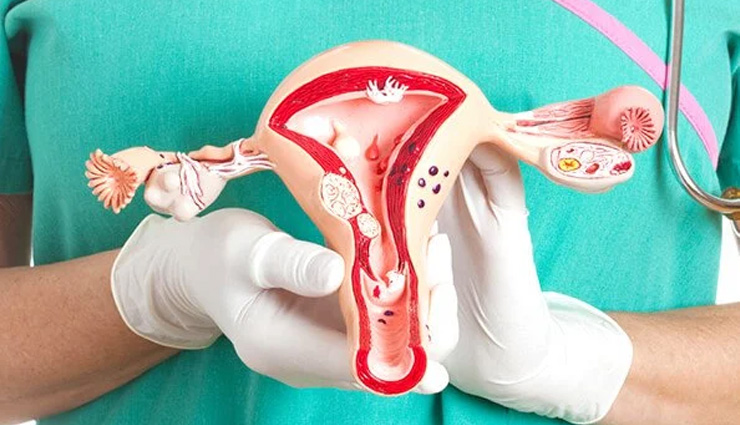
Polycystic Ovary Syndrome, commonly known as PCOS, is a prevalent hormonal disorder affecting women of reproductive age. It is characterized by a range of symptoms, including irregular menstrual cycles, elevated levels of androgens (male hormones), and the presence of small fluid-filled sacs (cysts) in the ovaries. PCOS not only impacts fertility but also manifests in various metabolic disturbances, such as insulin resistance, which can lead to weight gain and increase the risk of type 2 diabetes and cardiovascular disease.
The exact cause of PCOS remains unclear, but factors such as genetics, insulin resistance, and hormonal imbalances play significant roles. Effective management typically involves a combination of lifestyle changes, medications to regulate hormones and manage symptoms, and sometimes fertility treatments for those trying to conceive. Early diagnosis and tailored treatment plans are essential in mitigating the long-term health risks associated with PCOS, emphasizing the importance of personalized care in addressing this complex condition.
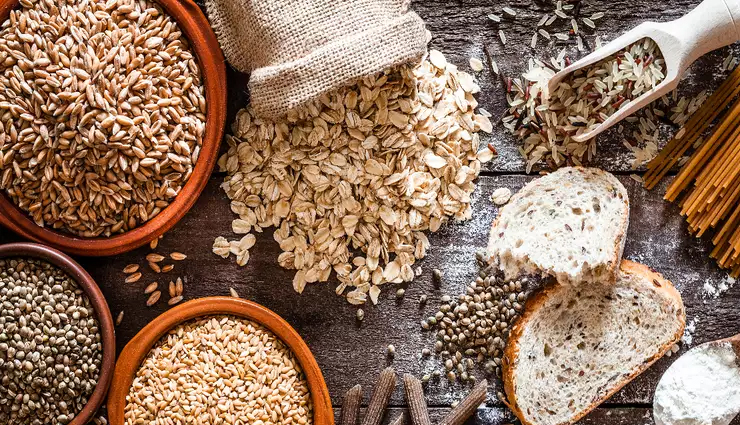
# Low-Glycemic Index Diet
Description: Foods with a low glycemic index (GI) are absorbed more slowly, preventing spikes in blood sugar levels.
Examples: Whole grains, legumes, fruits, and non-starchy vegetables.

# Anti-Inflammatory Foods
Description: These foods can help reduce inflammation, which is often higher in women with PCOS.
Examples: Berries, fatty fish (like salmon), nuts, leafy greens, and olive oil.
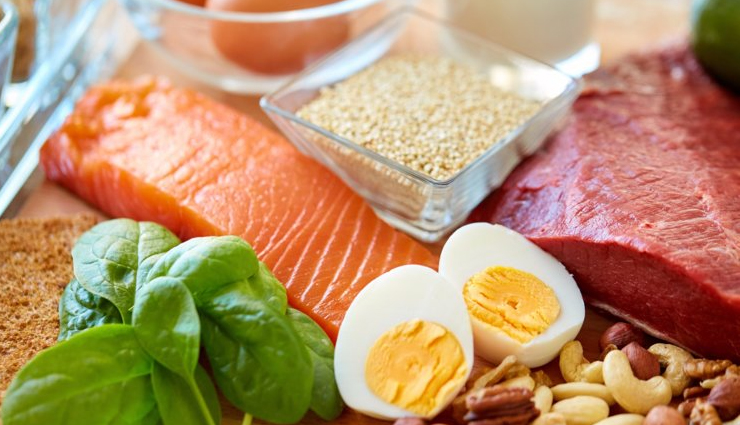
# Balanced Macronutrient Intake
Description: Ensuring a balance of proteins, fats, and carbohydrates can help maintain stable blood sugar levels.
Examples: Incorporate lean proteins, healthy fats (like avocado and nuts), and complex carbohydrates.

# Avoid Processed Foods and Sugars
Description: Processed foods and high-sugar items can exacerbate insulin resistance and inflammation.
Examples: Avoid sugary snacks, soft drinks, and processed foods.

# Spearmint Tea
Potential Benefits: Can help lower testosterone levels and improve symptoms like hirsutism (excess hair growth).
Usage: Drink 1-2 cups of spearmint tea per day.

# Cinnamon
Potential Benefits: May help improve insulin sensitivity and regulate menstrual cycles.
Usage: Add cinnamon to your diet through tea, smoothies, or meals.

# Saw Palmetto
Potential Benefits: Can reduce the conversion of testosterone to dihydrotestosterone (DHT), potentially reducing symptoms like hair loss and hirsutism.
Usage: Consult with a healthcare provider before using.
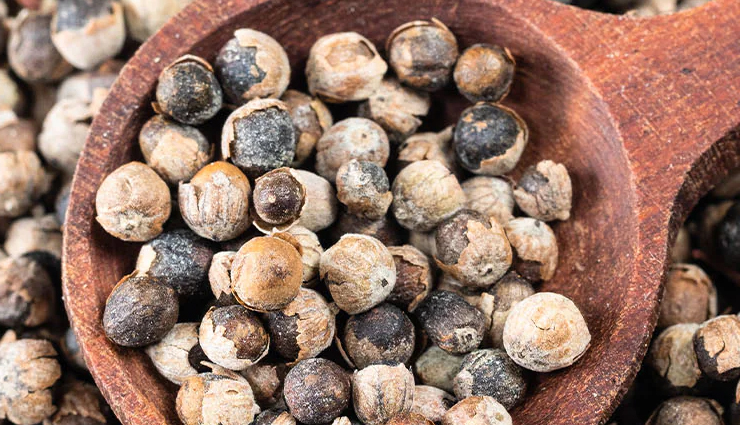
# Chasteberry (Vitex Agnus-Castus)
Potential Benefits: May help regulate menstrual cycles and support hormone balance.
Usage: Typically taken as a supplement; consult with a healthcare provider for the appropriate dosage.

# Regular Exercise
Benefits: Helps reduce insulin resistance, improve weight management, and balance hormones.
Recommendations: Aim for at least 30 minutes of moderate exercise most days of the week.

# Stress Management
Benefits: Reducing stress can help lower cortisol levels, which in turn can improve symptoms of PCOS.
Techniques: Meditation, deep breathing exercises, yoga, and adequate sleep.
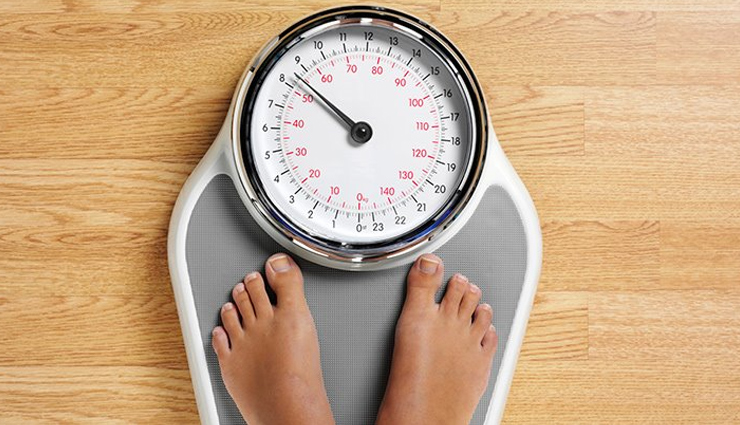
# Weight Management
Benefits: Even a modest weight loss (5-10% of body weight) can improve symptoms and regulate menstrual cycles.
Approach: Combine a healthy diet with regular exercise.

# Inositol (Myo-Inositol and D-Chiro-Inositol)
Benefits: Can improve insulin sensitivity, reduce testosterone levels, and promote ovulation.
Dosage: Commonly taken in doses ranging from 2-4 grams per day; consult with a healthcare provider.
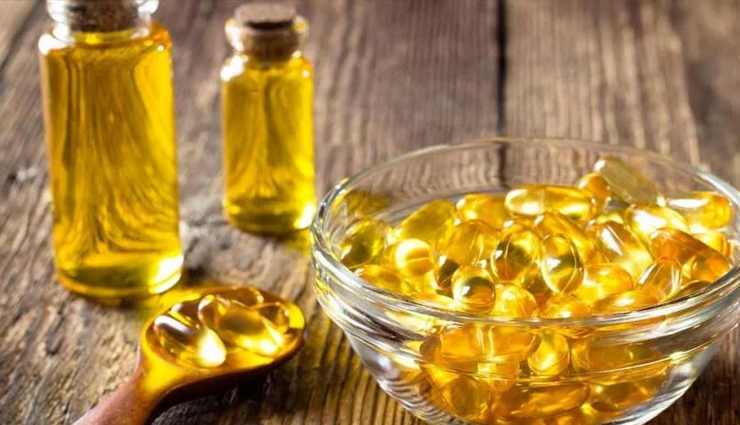
# Omega-3 Fatty Acids
Benefits: May reduce inflammation and improve insulin sensitivity.
Sources: Fish oil supplements or fatty fish like salmon.

# Vitamin D
Benefits: Often low in women with PCOS and can help improve insulin resistance and menstrual regularity.
Sources: Sun exposure, supplements, and fortified foods.
# Chemicals to Avoid
Sources: Certain plastics, pesticides, and household cleaners can act as endocrine disruptors.
Recommendations: Use BPA-free products, organic foods, and natural cleaning products.





